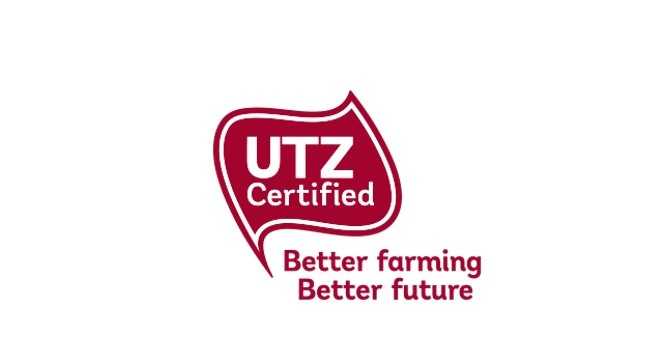The UTZ Certified sustainability programme has explicitly been tailored to climate change.
Vietnam is the world’s second-largest coffee producer after Brazil. One-fifth of Vietnam’s land area is dedicated to cultivating coffee which accounts for 95% of the country’s agricultural exports and 5% of its labour force.
One out of every 20 Vietnamese families depends on coffee for its livelihood. Over generations, farmers have developed and fine-tuned cultivation methods that are best suited to the region’s normally stable climate. In recent years however things have changed as the Earth’s climate has warmed by nearly 1° C.
The rains during the rainy season are much st ronger than in years past, washing away large areas under cultivation. In tandem with this, the dry seasons are now much too hot, necessitating extensive irrigation which is threatening water resources.
And pest infestations have increased significantly. Farmers haven’t known what to do to fight this problem except to use considerably more pesticides. Farmers dealing with these problems are looking for simple, cost-saving solutions that will help prevent declines in production levels.
This is also the aim of the Coffee Climate Care (C3) project launched by UTZ Certified and the DE Foundation with more than 1,000 coffee farmers in Vietnam.
The C3 project is one of the first assistance programmes dedicated to addressing the climate-change-related challenges facing coffee cultivation.
C3 gives farmers in Vietnam practical tools and methods for dealing with the changed climate conditions in coffee farming and is subsequently making the coffee cultivation system more resilient in the face of climate change.
The project is organised in three phases.
Activities during Phase 1 (2013-2015) focused on documenting climate conditions and identifying weak spots in cultivation systems.
Coffee farmers were active participants, contributing their experience and know-how in workshops and surveys.
Experts passed on best practice examples and agronomists analysed climate models. The project developed a list of the most urgent problems facing coffee farmers today.
These include increased drought and aridity, erosion, rising temperatures, an increase in pest infestation and plant disease and declines in crop quality and volume.
Teams then developed new cultivation methods that encompassed planting crops that provide shade or ground cover, mulching, and improved irrigation and fertilisation strategies.
Pepper, durian and avocado are some of the shade crops being used. Not only do they provide shade and protect coffee drupes against the heat, they also provide farmers additional income.
As an important added bonus, shade crops reduce the need for irrigation and thus help protect limited water resources.
During Phase 1 farmers also became acquainted with wind breaks and solar driers.
One of the most important aims has been to create a general awareness of climate change concerns since this puts coffee farmers in a position to see individual changes in the climate within the larger context of global climate change and to take appropriate action.
During Phase 2 (2015-2016) ‘promoter farmers’ from the individual regions have been teaching the trainers of the Farmer Field School (FFS).
Promoter farmers are highly experienced local coffee farmers who serve as interfaces between farmers and UTZ. Cost-benefit considerations are particularly important for coffee farmers.
Changes must pay off by the next harvest otherwise there is not enough incentive to undertake expensive adjustments.
Concrete, positive results produced by the demonstration plantations motivated farmers to implement new cultivation methods in their fields and overcome their scepticism vis-à-vis new techniques.
This year training at the Farmer Field School focuses on managing pest infestations and plant diseases and on optimising irrigation.
Phase 3 (2016) will disseminate the results of the C3 project to the more than 160,000 UTZ-certified coffee farmers around the world.
These results have been incorporated into climate change control points in the UTZ standard which became mandatory in 2015.
Long-term plans foresee implementing the climate change control points and C3 training materials at UTZ coffee farms outside Vietnam as well.
UTZ Certified is a programme and quality label for the sustainable cultivation of coffee, cocoa and tea. Its mission is to create a world where sustainable farming is the norm.
The UTZ programme helps farmers learn suitable cultivation methods and gives them incentives to improve working conditions and deal responsibly with people and the environment.
The work being done by its sustainability programmes targets the goal of increasing the amount of the world’s coffee, cocoa and tea being produced using sustainable production methods to 50% by the year 2020.
Today UTZ Certified is the largest programme for coffee and cocoa and has certification schemes in other commodities including (herbal) tea, rooibos and hazelnuts. The UTZ Certified label features on over 20,000 different products across 135 countries.
Companies such as IKEA, Jacobs Douwe Egberts, Lavazza, Tchibo and many others have already recognised that, by sourcing UTZ certified products, they can build the trust of their customers while supporting a better world.


















